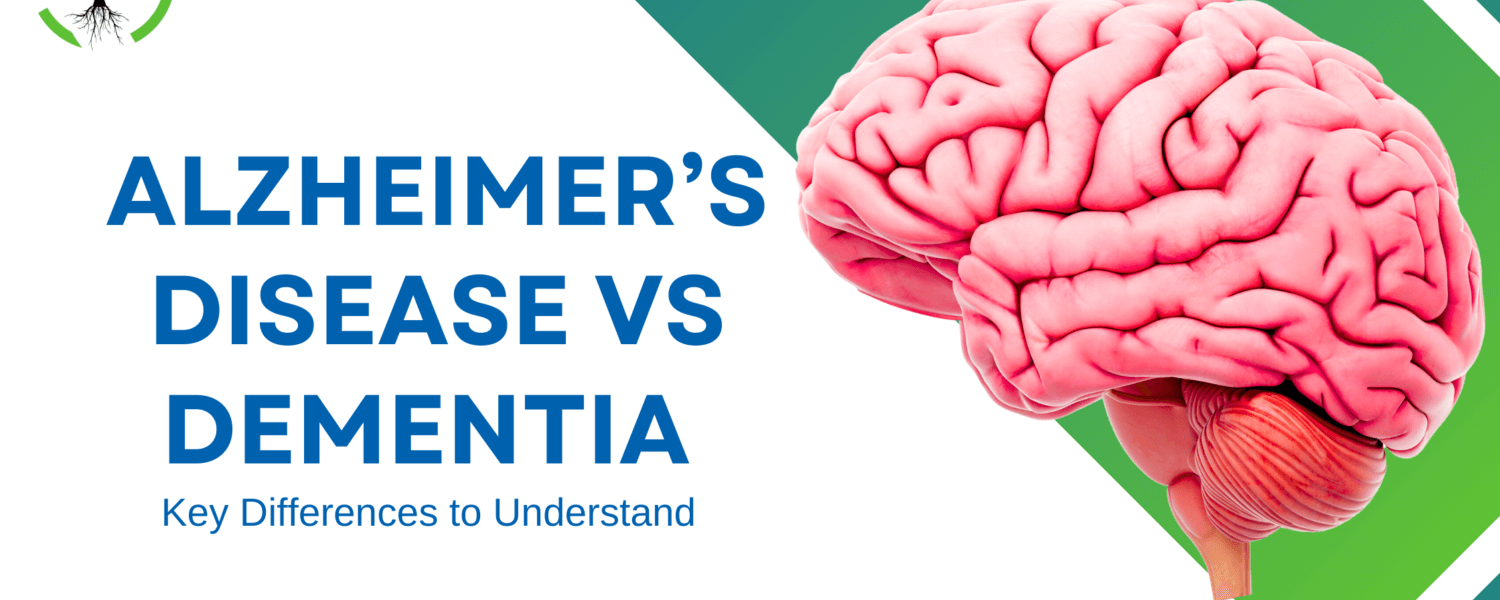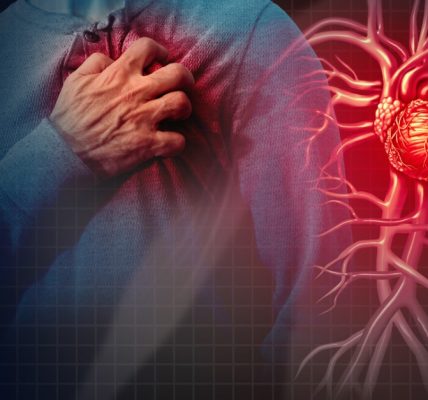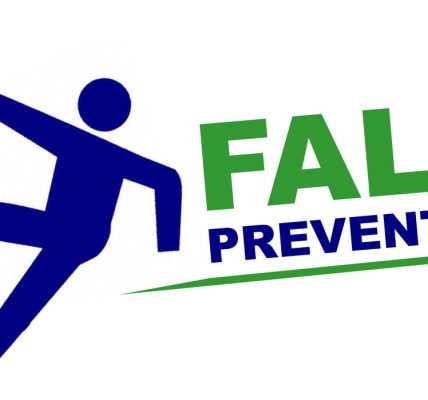Dementia and Alzheimer’s Disease Understanding the Challenges
Dementia and Alzheimer’s disease are neurodegenerative disorders that affect memory, thinking, and behavior. While dementia is a general term for a decline in cognitive function, Alzheimer’s disease is the most common form of dementia.
Alzheimer’s Disease
Alzheimer’s disease is a progressive brain disorder that causes the brain cells to degenerate and die. Symptoms typically develop slowly and worsen over time.
Symptoms of Alzheimer’s Disease:
- Memory loss, especially recent memories
- Difficulty concentrating
- Challenges with problem-solving and decision-making
- Changes in mood and behavior
- Difficulty with language and communication
Risk Factors for Alzheimer’s Disease:
- Age
- Family history
- Genetics
- Lifestyle factors (e.g., diet, exercise, and cognitive activity)
Dementia
Dementia is a broader term encompassing various conditions that cause cognitive decline. Other forms of dementia include:
- Vascular dementia
- Lewy body dementia
- Frontotemporal dementia
Managing Dementia and Alzheimer’s
While there’s currently no cure for dementia or Alzheimer’s, treatments can help manage symptoms and improve quality of life. These may include:
- Medication: Medications can help manage symptoms like memory loss and mood disturbances.
- Therapy: Cognitive stimulation therapy and behavioral therapy can help maintain cognitive function and improve quality of life.
- Lifestyle Modifications: A healthy diet, regular exercise, and adequate sleep can help slow cognitive decline.
- Support Services: Support groups and home care services can provide assistance and emotional support.
It’s important to seek early diagnosis and treatment to maximize the benefits of available therapies. By understanding the challenges associated with dementia and Alzheimer’s, individuals and families can better cope with the disease and provide the necessary care and support.




